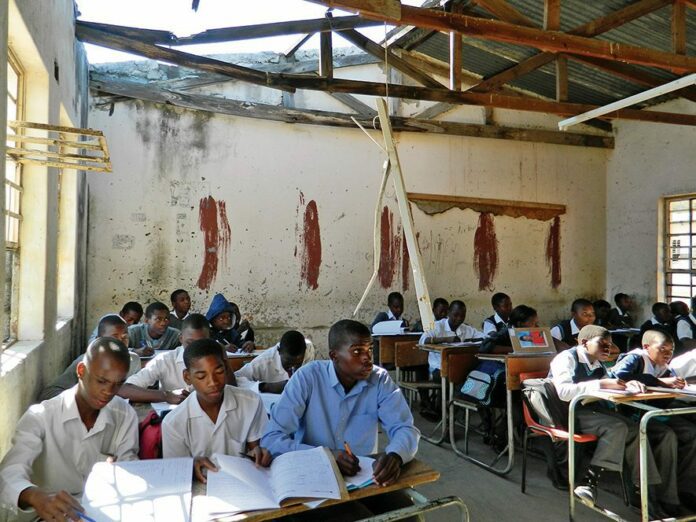Johannesburg – Opportunities to gain access to good quality education have not been equal for all children in South Africa due to poor infrastructure and lack of well trained teachers in rural and township schools, Statistics SA has found.
The stats agency in its Education Series Volume VII: Children’s education and wellbeing in South Africa, 2018, found that among children aged 0-6, close to 43% did not attend an education institution.
However, close to 70% of four year-olds, almost 87% of five year-olds, and close to 97% of six-year-olds attended education institutions in 2018.
The data also show that white children aged 0-6 were most likely to attend education institutions compared to black African children (73.4% and 56.6%, respectively). Statistician-general Risenga Maluleke said in 2018 attendance of education institutions among 0-6-year-olds was the highest in Gauteng and lowest in KwaZulu-Natal (66.3% and 46.5%, respectively).
“The education institution attendance rate was the highest among children aged 6-13, with close to 91% of children in this age group attending primary school, while close to 8% were attending education institutions outside the primary school phase and approximately only 1% being out of school,” Maluleke said.
“By contrast, in 2018 close to 83% of children, aged 14-17 were attending secondary school, approximately 13% were attending education institutions outside the secondary school phase and close to 5% were out of school. Grade repetition was more common among 14-17-year-olds compared to 6-13-year-olds, and highest among males compared to females [5.5% and 10.7%, respectively] in 2018.”
Section 29 of the constitution provides that everyone has the right to basic and further education. Furthermore, the South African Schools Act 84 of 1996 provides that basic education is compulsory and must be provided to all children between the ages of seven and 15 The data also show that many children have no access to early childhood development (ECD) institutions and programmes – “not only due to the parents or caregivers not being able to afford to enroll their children in such programmes, but also due to the unavailability of these settings in their areas”.
Close to 3.4-million children aged 0-6 years did not attend any ECD programme in 2018.
The ECD sector is facing an abrupt loss of income and the livelihoods of ECD practitioners with skills, knowledge and experience in early learning is seriously under threat. This will also impact on young children’s continued access to quality early learning and development opportunities and programmes as they start to reopen.
The Department of Social Development is expected to make payments to beneficiaries of the Early Childhood Development Employment Stimulus Relief Grant in the first week of March. Addressing the media on Friday, Minister of Social Development Lindiwe Zulu said her department has received R496-million to assist the sector, as it is among the hardest hit by the pandemic.
Follow @SundayWorldZA on Twitter and @sundayworldza on Instagram, or like our Facebook Page, Sunday World, by clicking here for the latest breaking news in South Africa. To Subscribe to Sunday World, click here.
Sunday World



